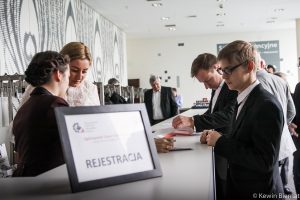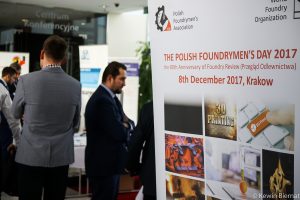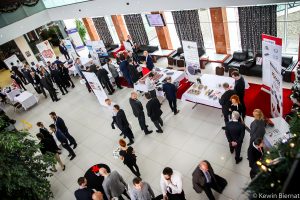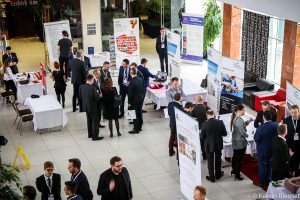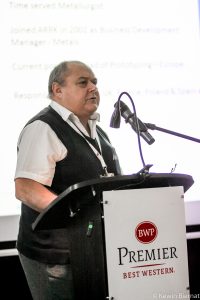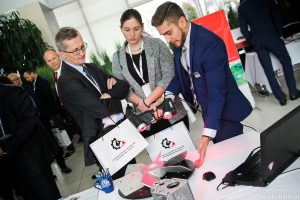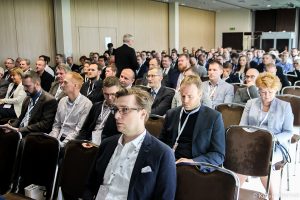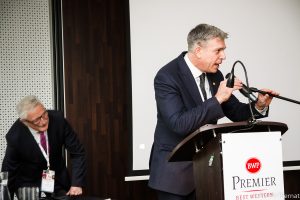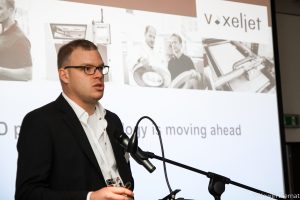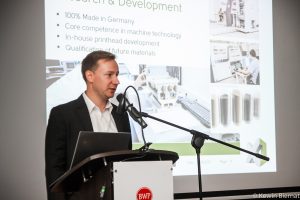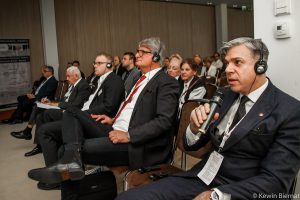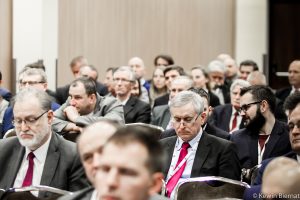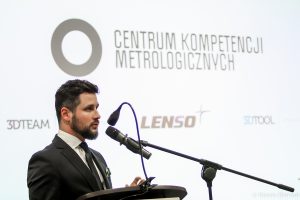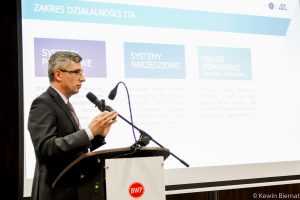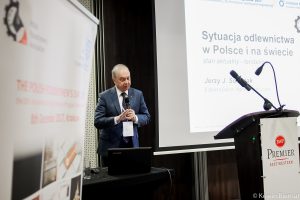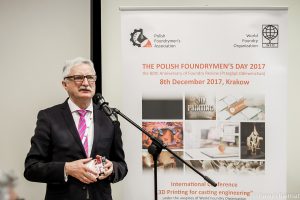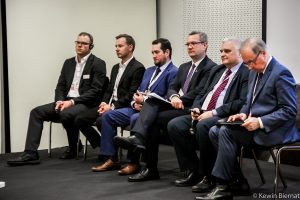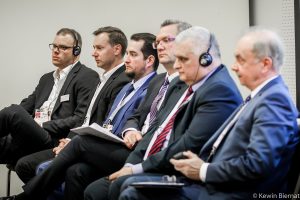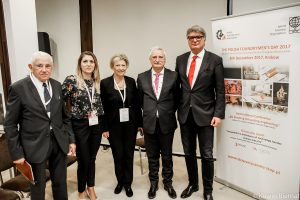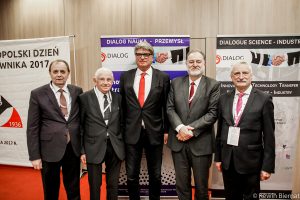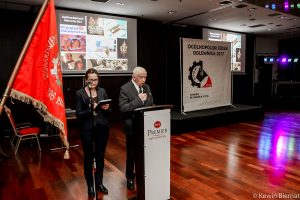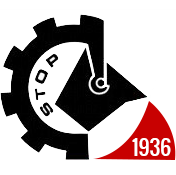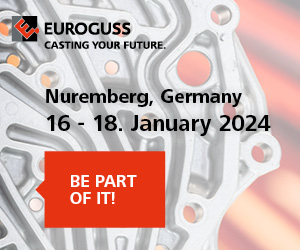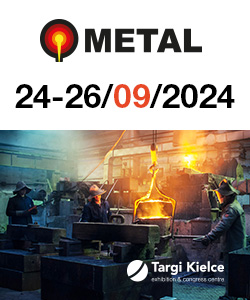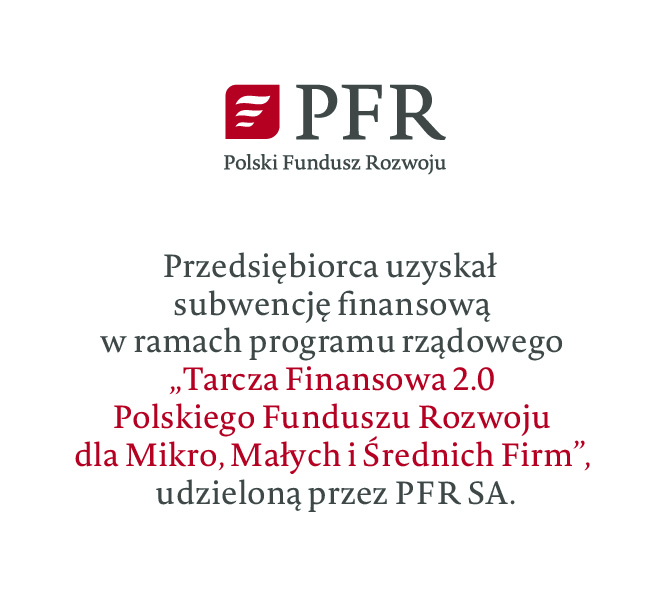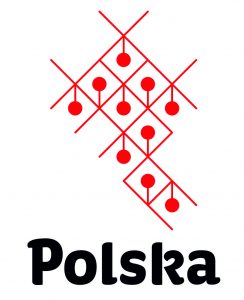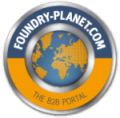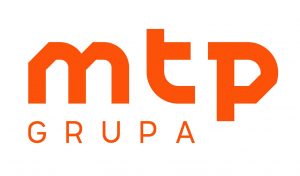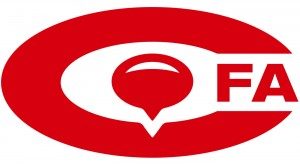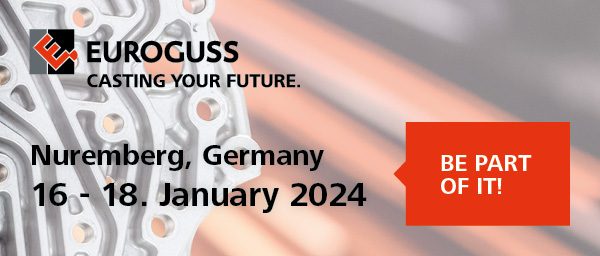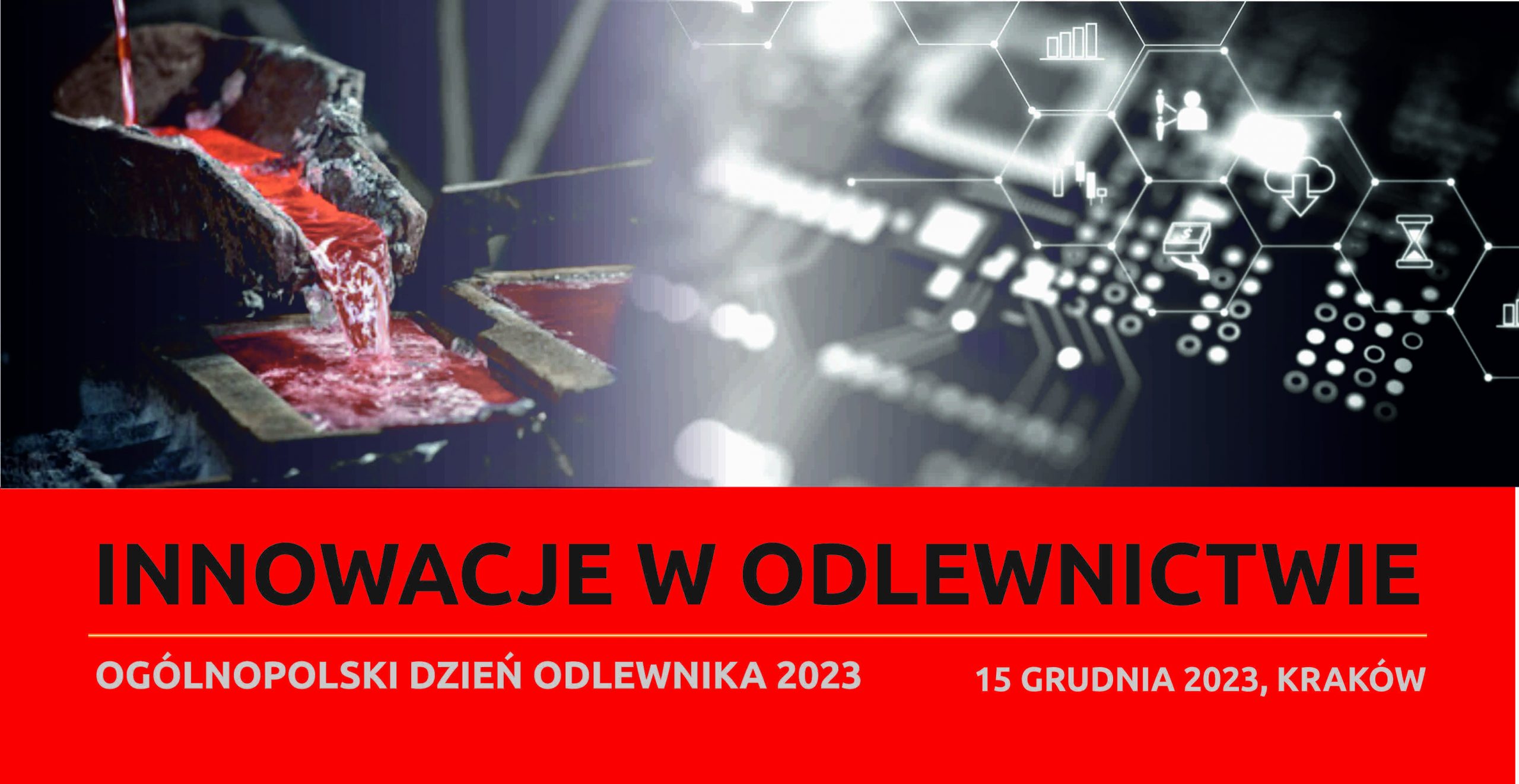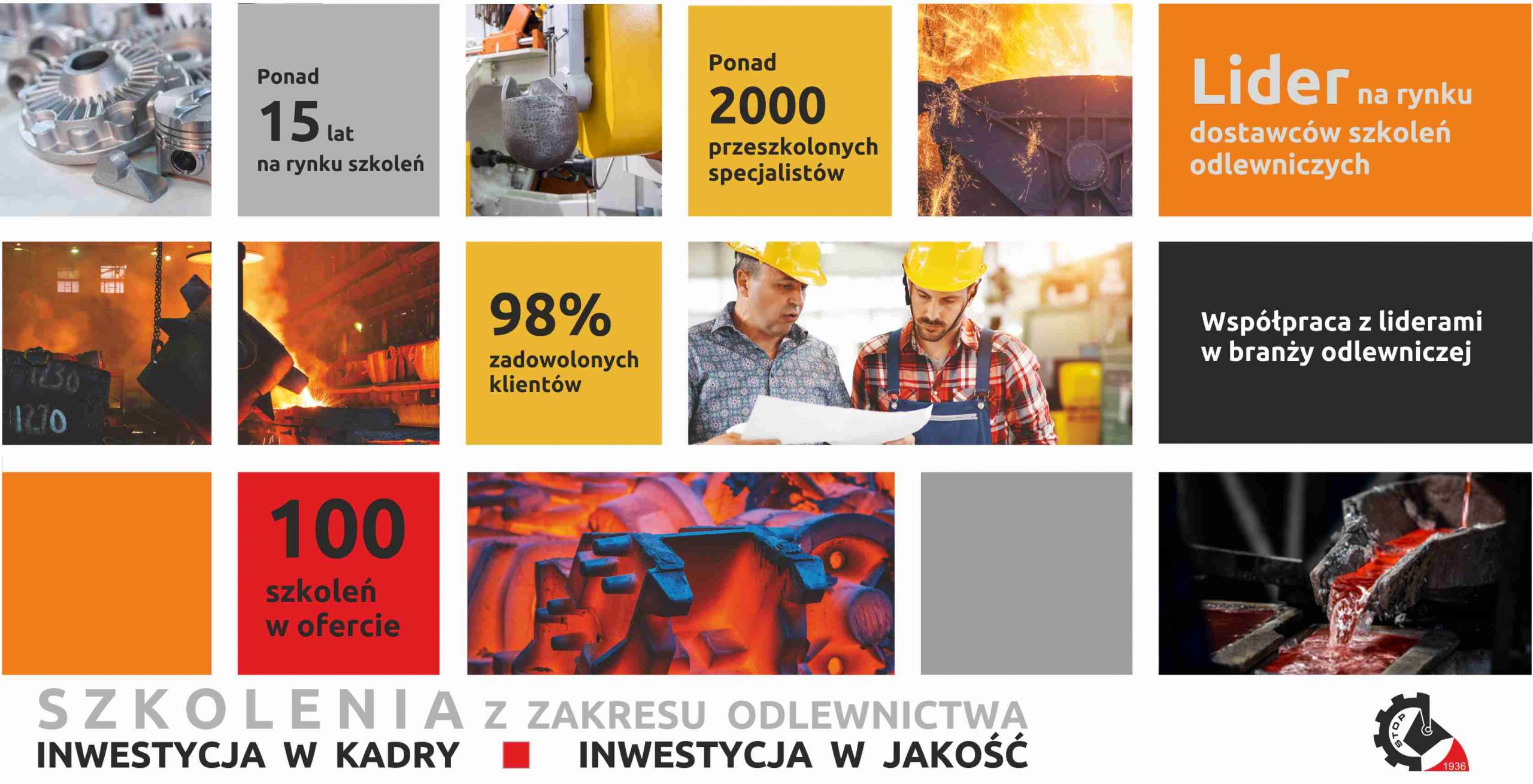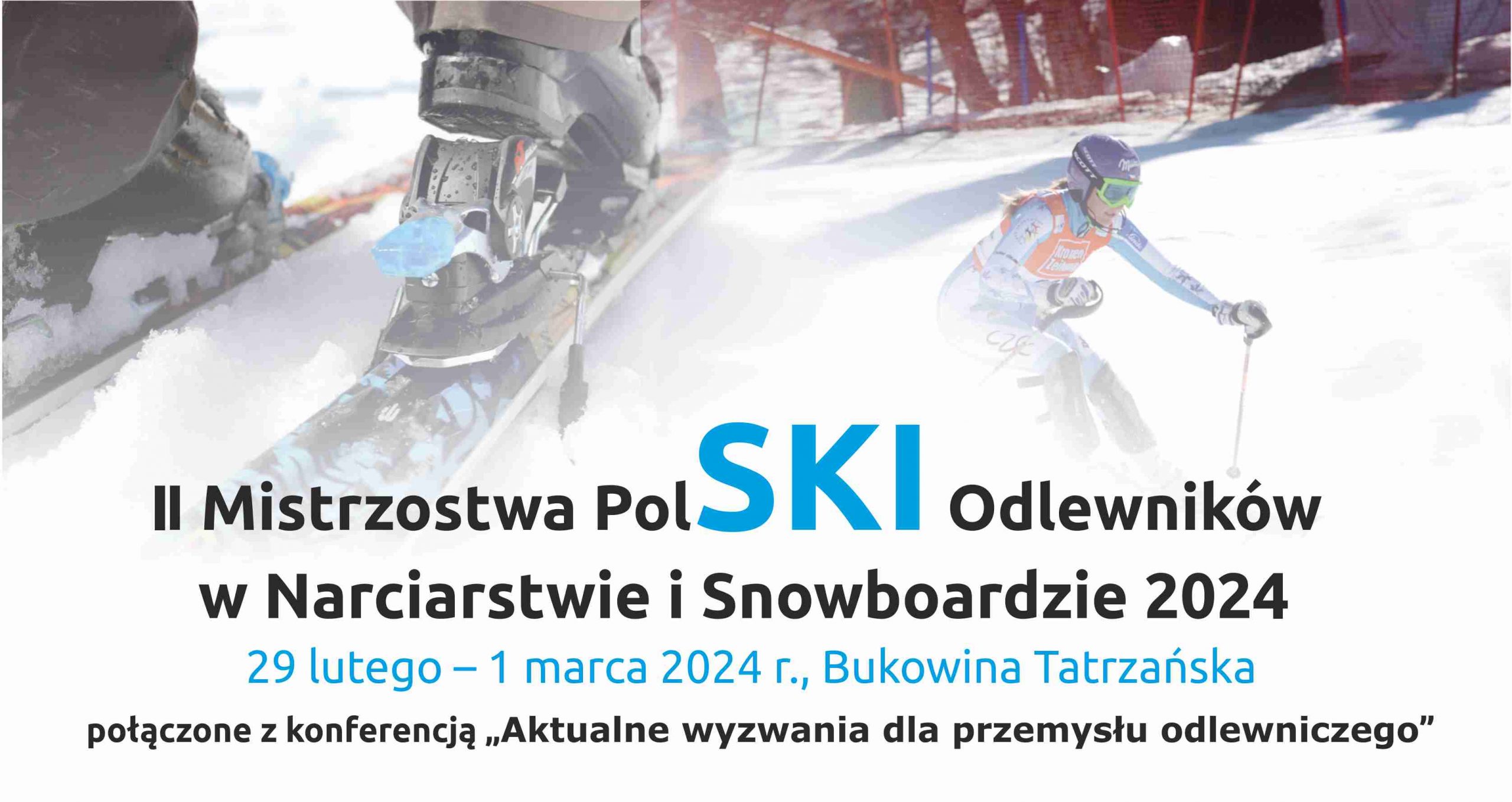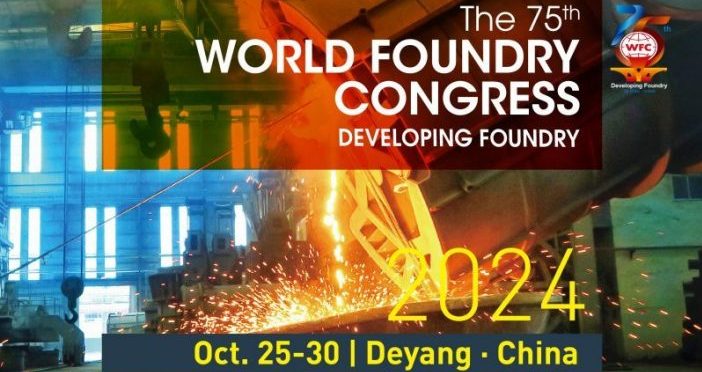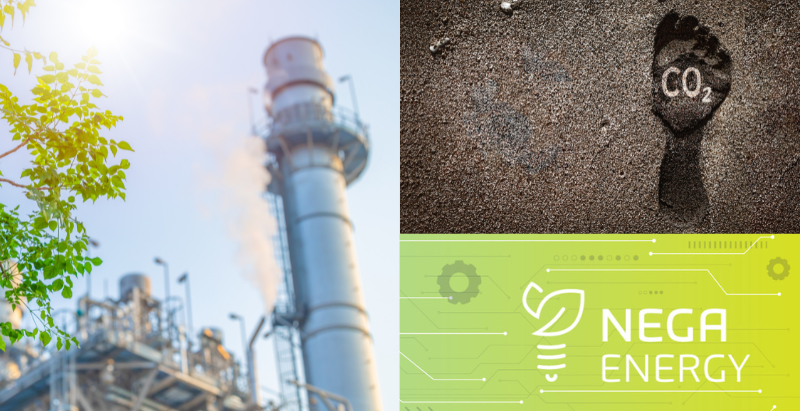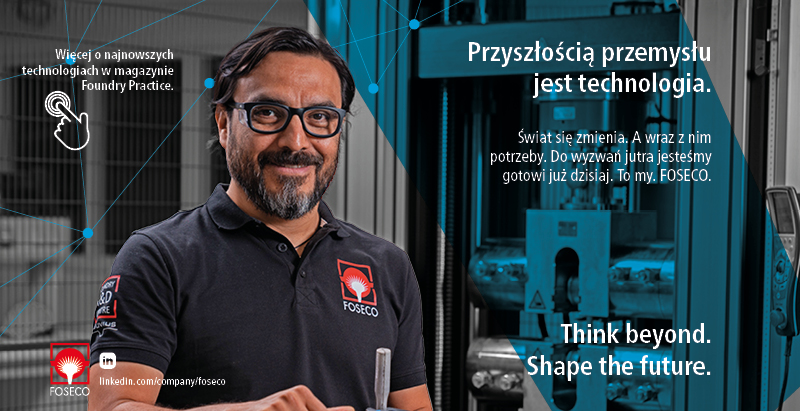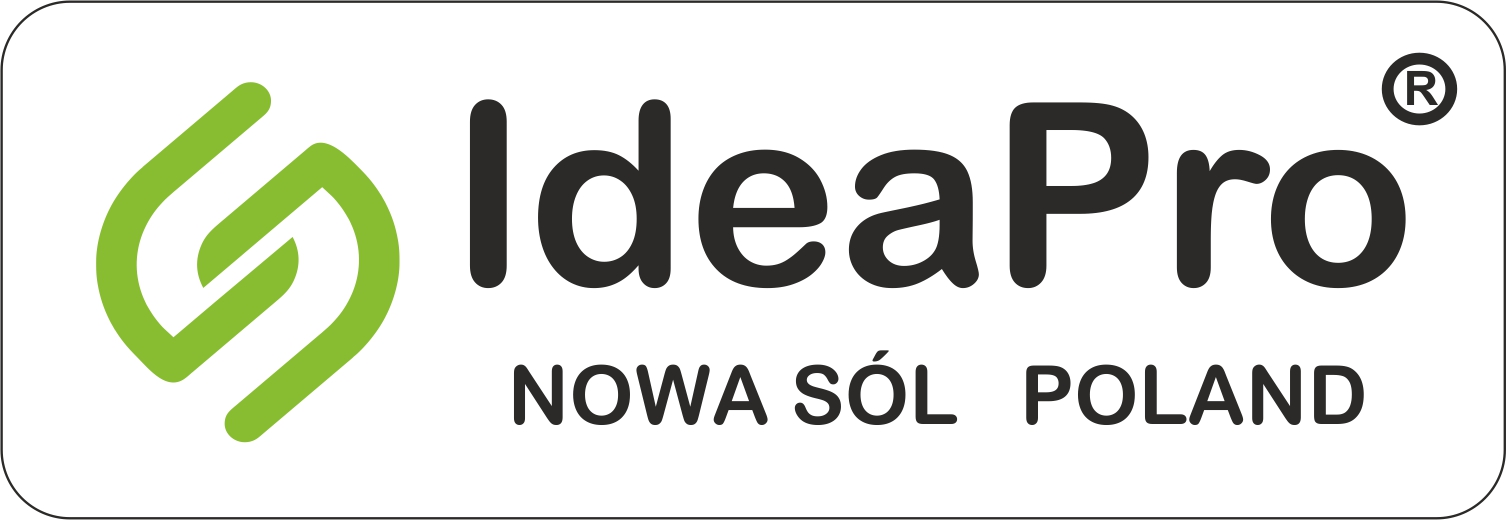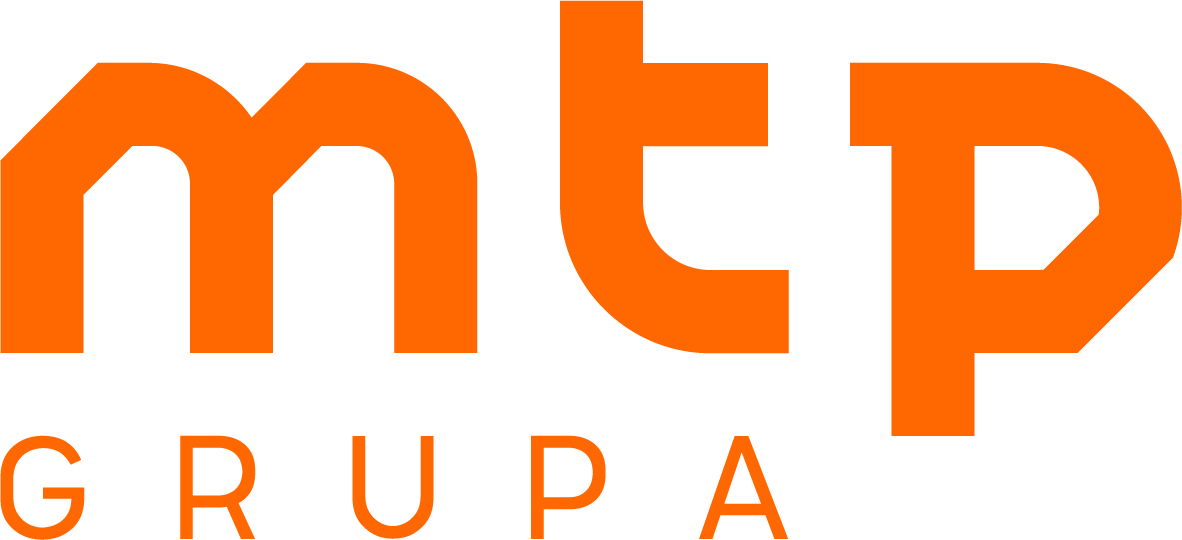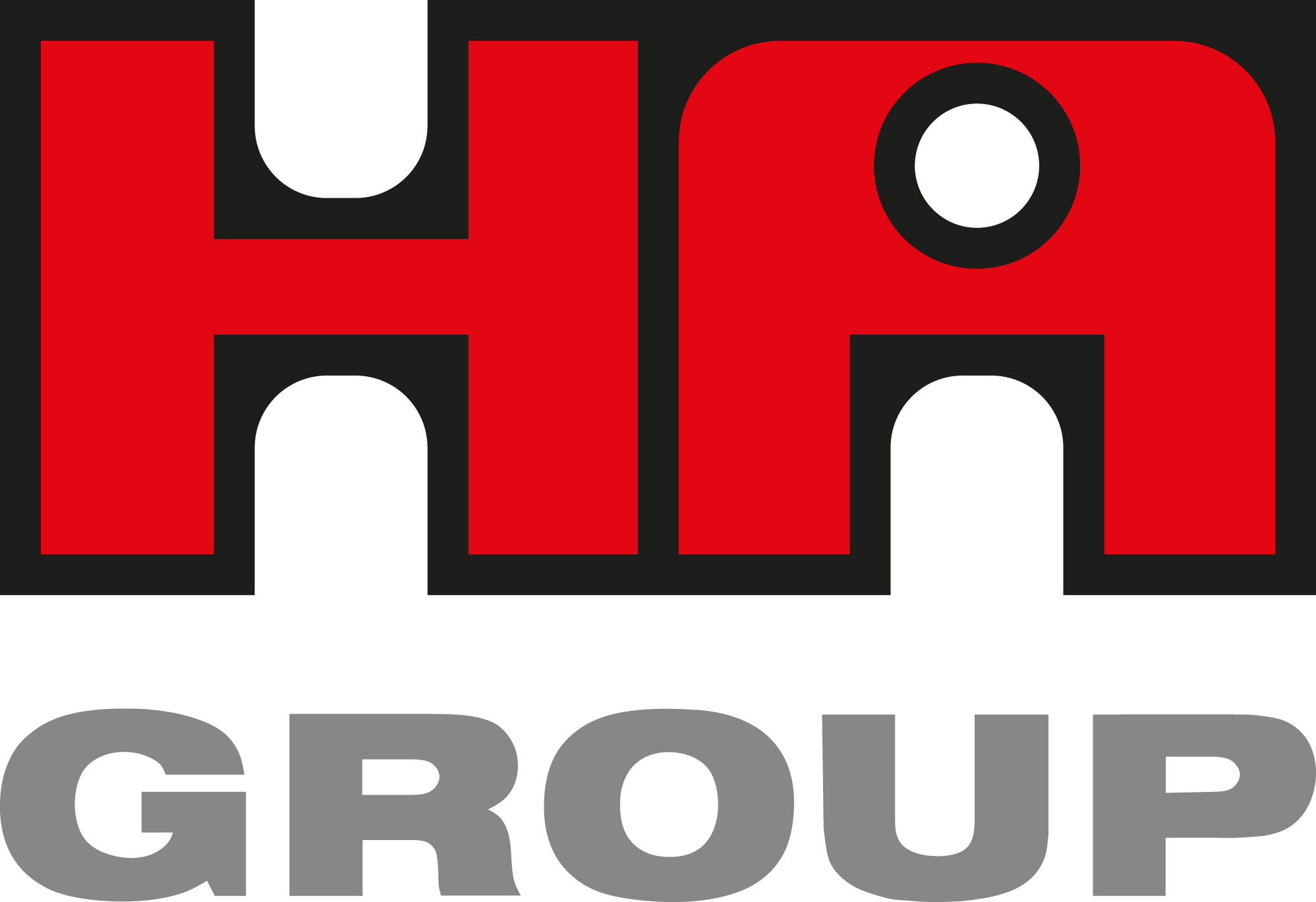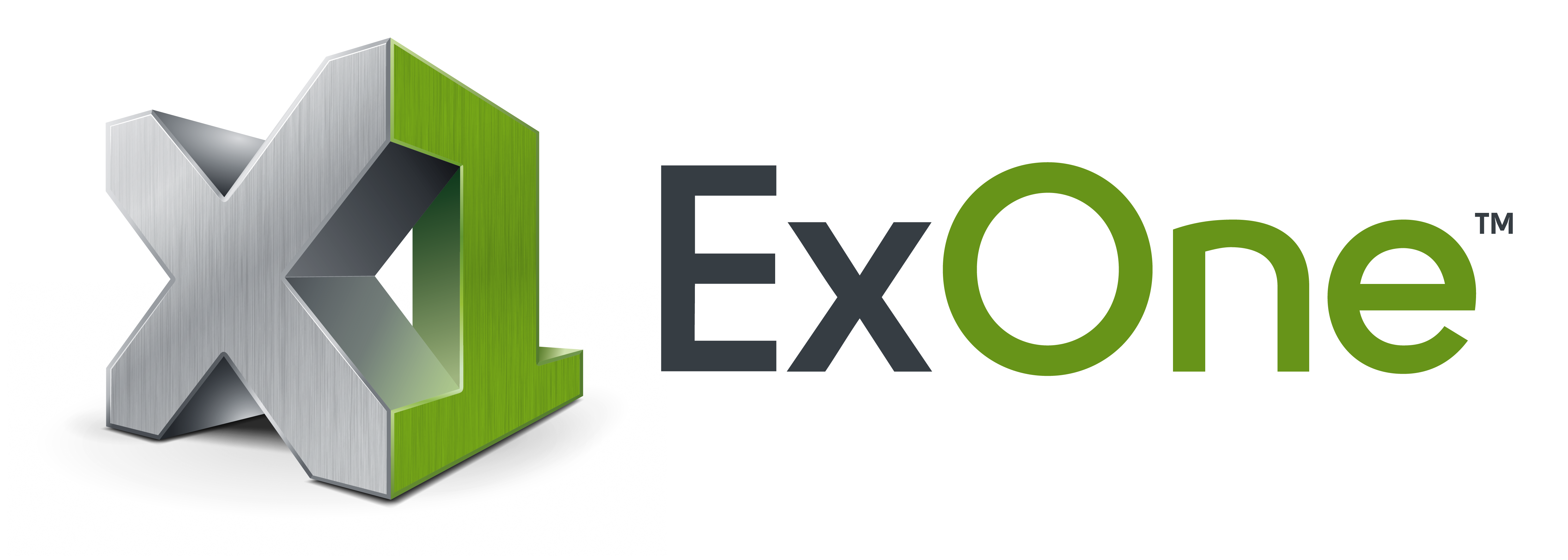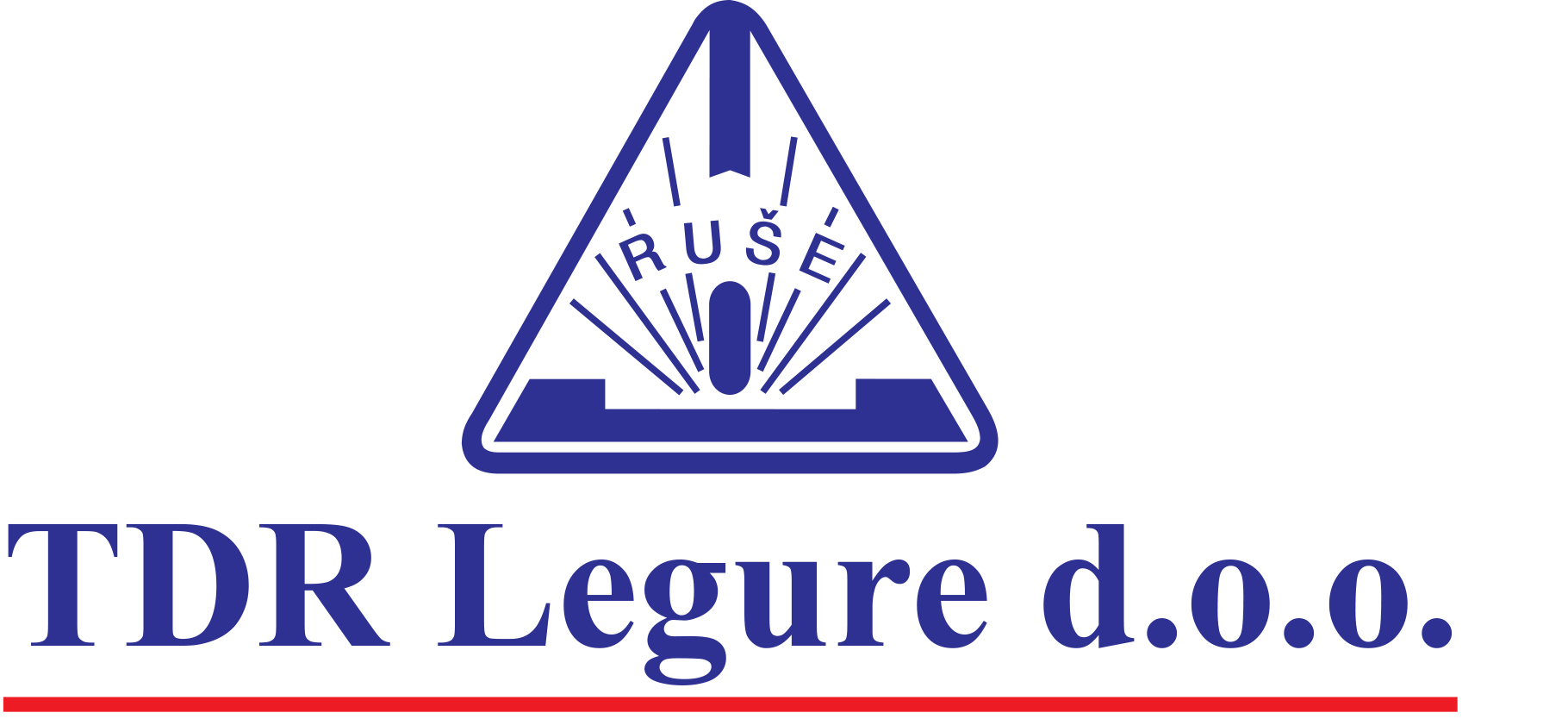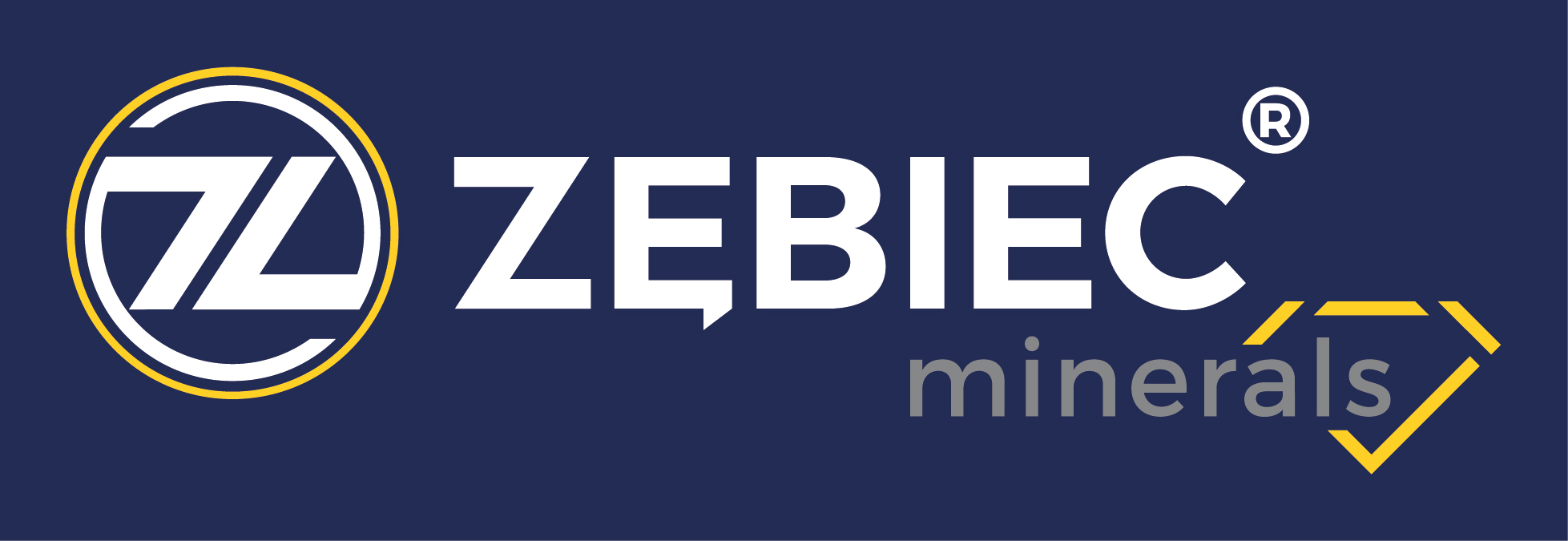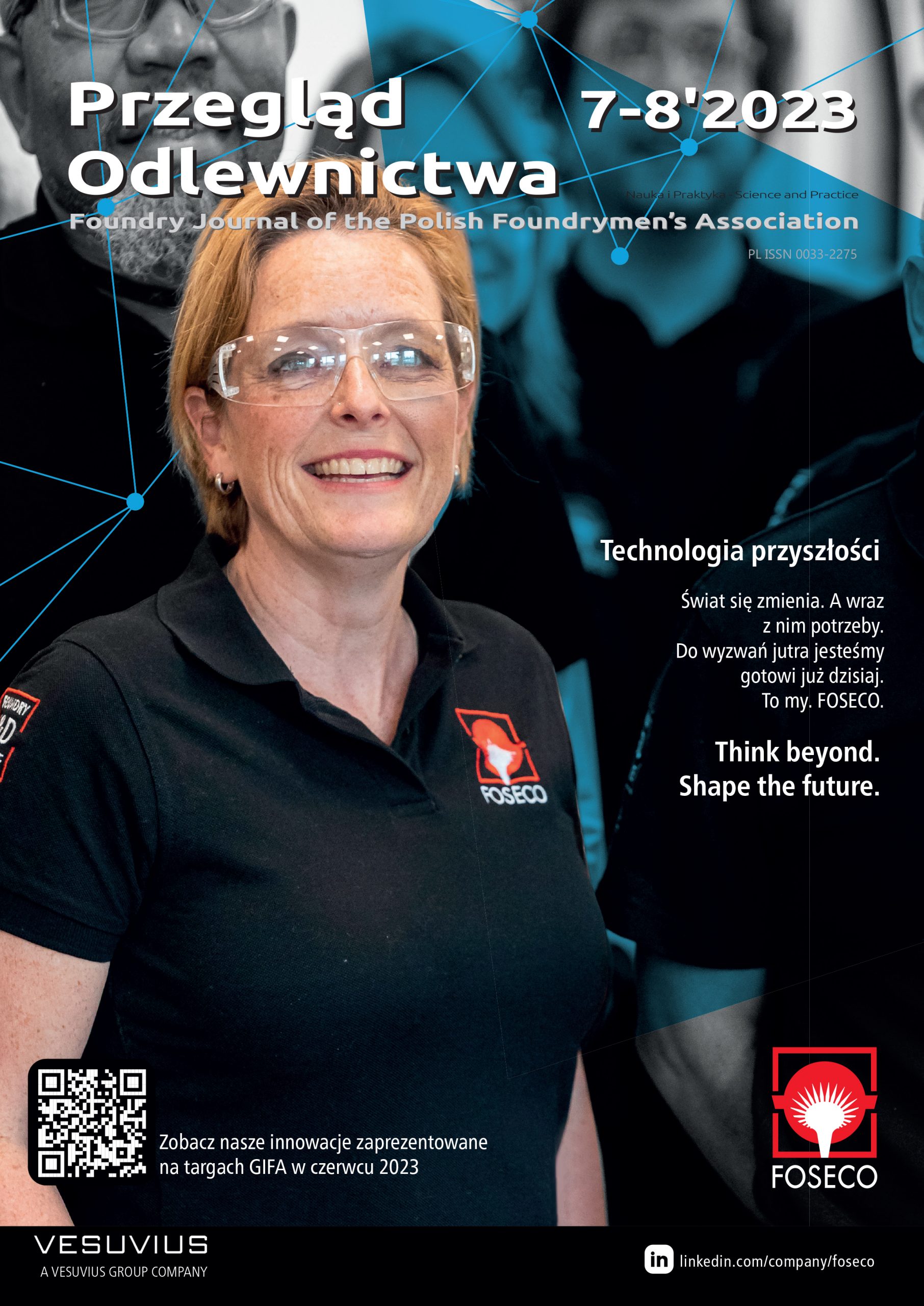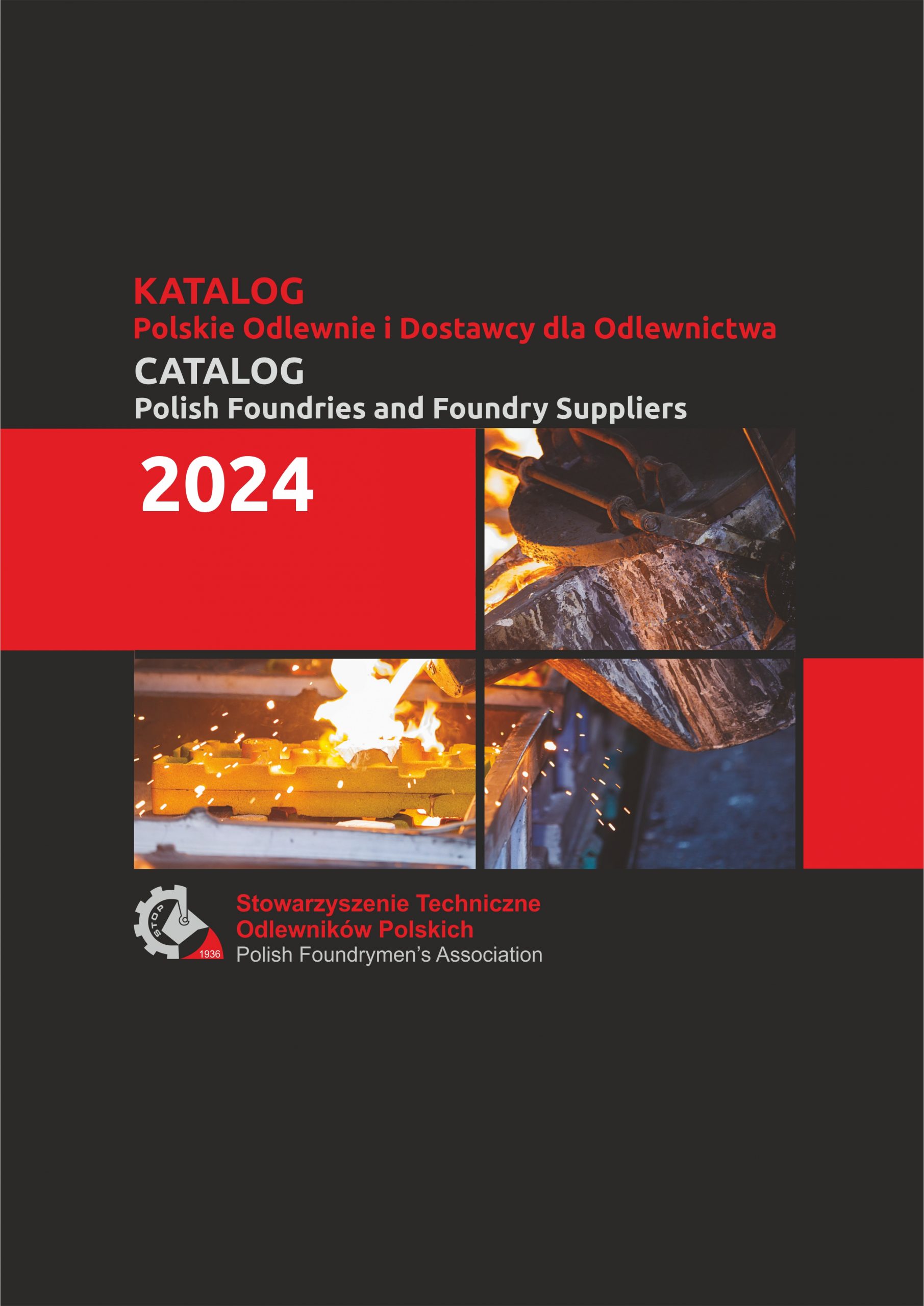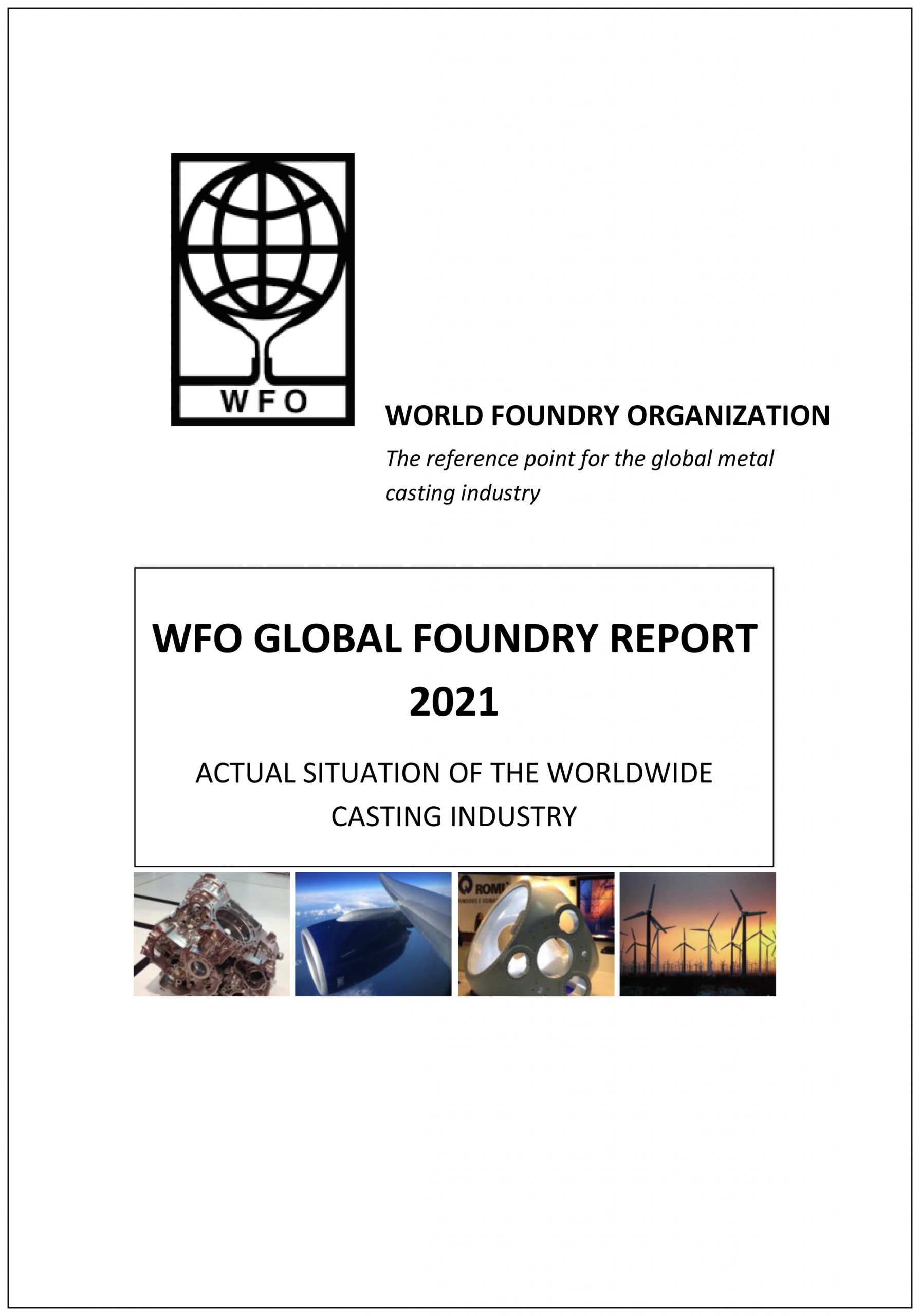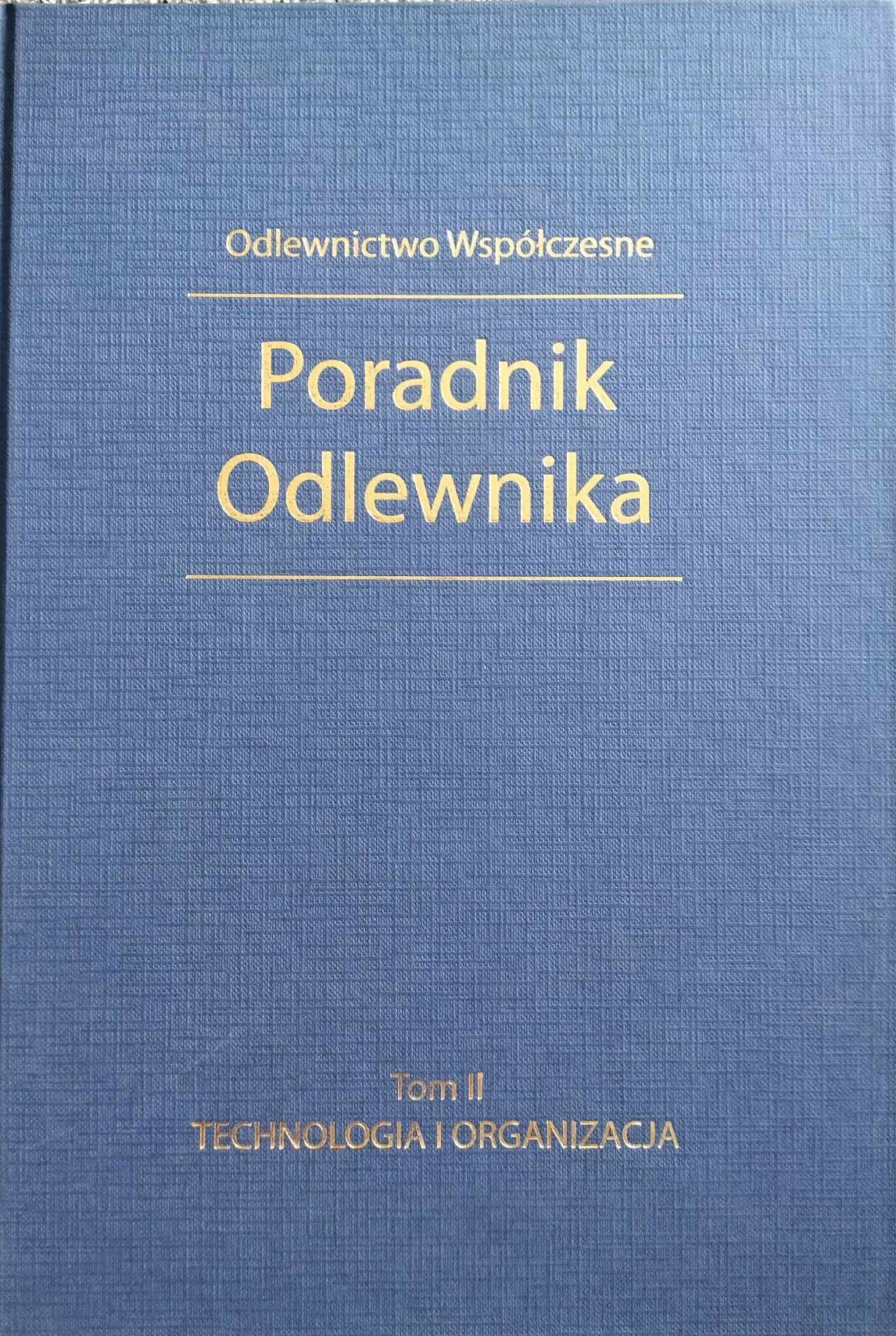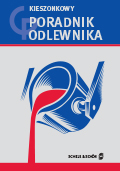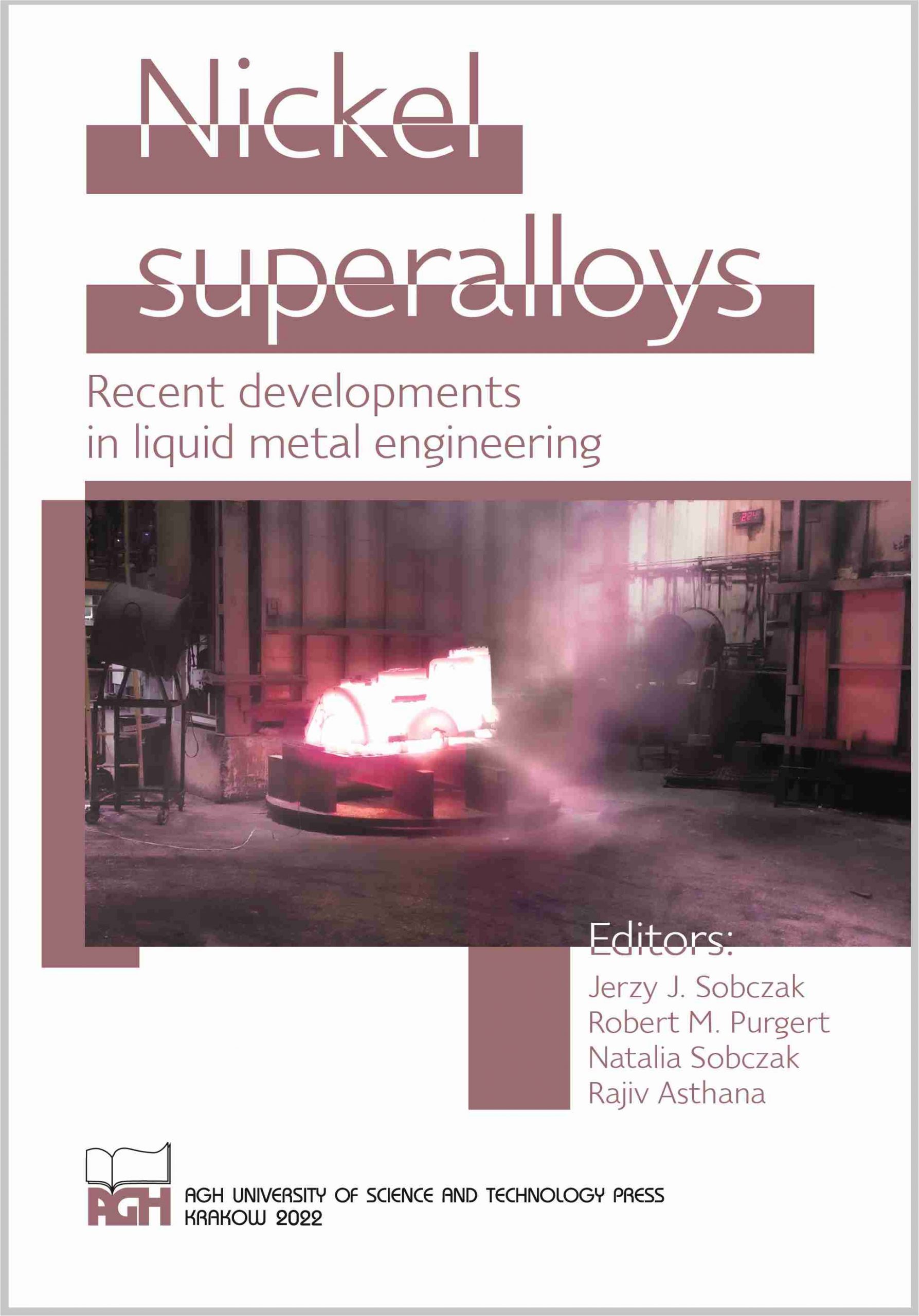On 8 December 2017, over 250 people took part in an international conference organized by the Polish Foundrymen’s Association (STOP) celebrating the annual holiday of foundrypeople organized by the association. The Management Board of the World Foundry Organization initiated and provided patronage for the conference, as they wanted to start discussing the importance and perspectives for the new manufacturing technologies of moulds and patterns.
The rapid development of 3D print technologies in recent few years allows us to ask a question, whether they are an opportunity for the foundry industry, by increasing its effectiveness, or a threat, by gradually eliminating traditional technologies. No wonder that the conference enjoyed such a great interest. It was organized in Cracow, in a conference and hotel complex, which was also the venue of an exhibition of companies participating in the conference, and a ceremonial meeting of Polish foudrymen on the occasion of the 80-th anniversary of “Przegląd Odlewnictwa”, an industry journal published by STOP, which was held after the conference had ended. Przegląd Odlewnictwa was also the most important press partner of the conference.
Also the Polish Ministry of Science and Higher Education provided patronage for the conference, and in particular the discussion panel, by the Dialog programme coordinated by AGH University of Science and Technology. The participants of the conference were mainly engineers, owners and managers of foundries, scientists and researchers, academics. In addition, also foreign guests participated in the conference – from Germany, UK, Sweden, Slovenia and Romania.
The conference was opened by the president elect of the World Foundry Organization, Mr Mark Fenyes, who together with Prof. Józef S. Suchy (one of the conference initiators) chaired the first session. In this session four papers were presented:
- Maximilian Fischer (Voxeljet) 3D printing technology is moving ahead by leaps and bounds;
- Craig Vickers (ARRK) The use of prototyping & 3D printing in industry today;
- Krzysztof Bonczar (ExOne, Colmex) 3D printed cores & molds for the foundry industry;
- Andrzej Gil, Piotr Wieliczko, Tomasz Dudziak (Foundry Research Institute) Application of rapid prototyping techniques in the production of prototype castings.
The second session, chaired by the President of STOP, Mr. Tadeusz Franaszek and Dr. Michał Szucki of AGH University of Science and Technology, included another four papers:
- Hubert Gleba (Materialse) Practical usage of 3D printing in investment casting – Tetrashell;
- Tomasz Danyluk (Lenso) Application of an GOM ATOS industrial scanner in foundry processes;
- Dariusz Brzozowski (ITA) Digital radiography and computed tomography in foundry industry;
- Jerzy J. Sobczak, Elżbieta Balcer, Agnieszka Kryczek (Foundry Research Institute) Situation of the foundry engineering in Poland and in the world – actual state, tendencies, predictions.
The conference was completed with the third important part – a discussion panel. Authors of some papers, Messrs. Maximilian Fisher, Krzysztof Bonczar, Hubert Gleba, Prof. Jerzy J. Sobczak, and the representative of the foundry industry Mr. Zbigniew Ronduda, and the Dean of the Faculty of Foundry Engineering of AGH University of Science and Technology Prof. Rafał Dańko took part in the discussion panel. The panel was moderated by Mr. Thomas Fritsch, who was very well known in the foundry community, as he was the publisher of the industry portal Foundry Planet.
The discussion was opened by the coordinator of the DIALOG project Prof. Zbigniew Kąkol, who presented the main objective of the panel, i.e. to clear a path for the transfer of innovative technologies between the science and the industry, which is particularly relevant for such modern technologies, which can substantially change the industry development. The panellist’s statements as well as the discussion with the floor concerned two main issues:
- An increase in the role of scientific research and educational centres in the development of 3D technologies and breaking down the monopoly of companies that has developed a range of solutions and equipment. It was found that establishing collaboration like this would be beneficial for both parties.
- An answer to the question whether 3D print technologies are an opportunity or a threat for the foundry industry. The discussion at this point was concluded, stating that indications of great possibilities for using these technologies to increase the effectiveness of foundry technologies prevail.
To conclude the conference it was also said that it was very reasonable do discuss these issues by WFO and STOP at the moment, and it should be a contribution to the continuous monitoring of the development of these modern technologies and to the involvement of the industry and scientific entities in their development.
